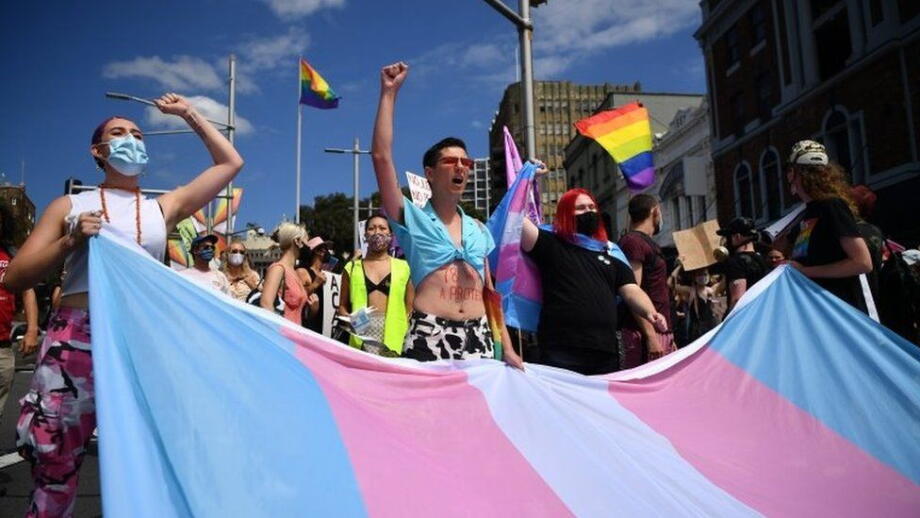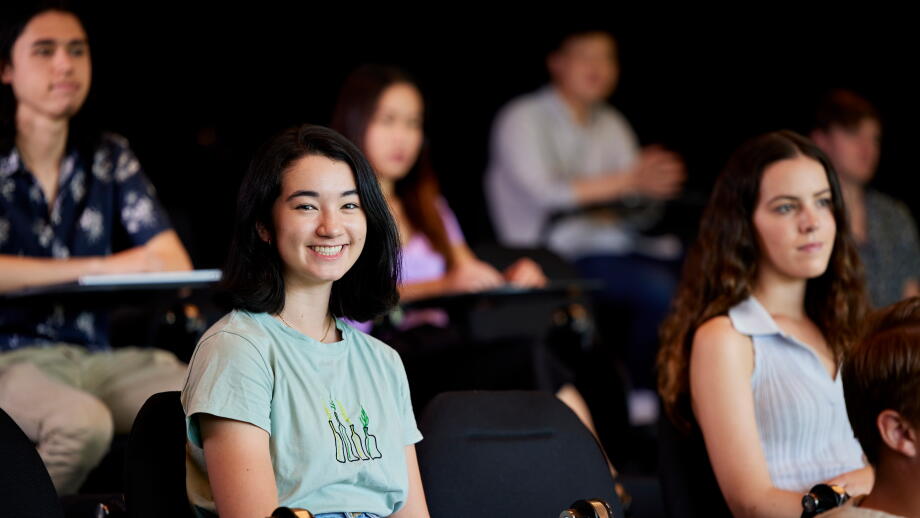In Short:
Understanding how women’s engagement in collective action for men can increase gender equality or reinforce male privilege
Overview
Collective action for other groups, such as men supporting the #MeToo movement or White people joining Black Lives Matter protests, has been typically studied as a social protest advancing equality of disadvantaged groups and aiming for progressive social change.
Our research challenges this assumption in two ways: first, by examining collective action for an advantaged group (women protesting for men's rights). Second, by showing that action for the advantaged can have both reactionary and progressive forms.
Specifically, we focus on the context of gender as a special case of a disadvantaged group (women) actively supporting the advantaged group (men) either to preserve existing power relations (reactionary action supporting male privilege) or to reduce gender inequalities (progressive action supporting men in adopting egalitarian gender roles).
Contact
Gosia Mikołajczak
Research Fellow
The workplace & working lives
You may also like
Sex wars and TERF wars
An increasing number of people identify as feminists, but there is disagreement about whom and what feminism should be fighting for.
Gender expectations, socioeconomic inequalities and definitions of career success
Higher Education is generally regarded as a pathway to career opportunities, and research shows that students' expectations of their career success while they are studying are an important…
"Fitting in whilst standing out"
Professional British women of African, Asian, and Caribbean ethnicities contend with unique challenges and experiences in the workplace. These challenges are often due to experiences that occur at…




